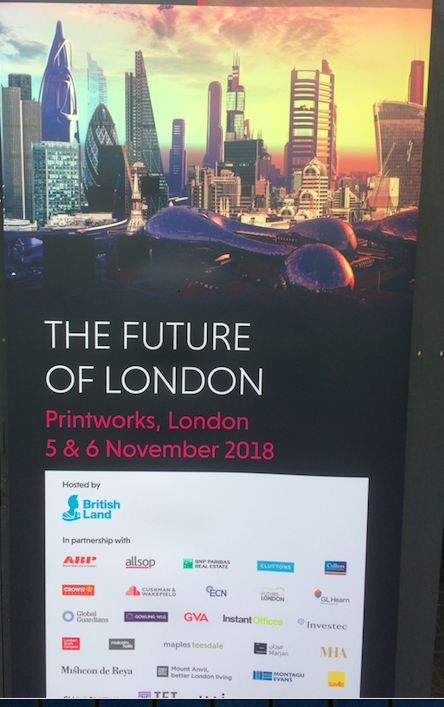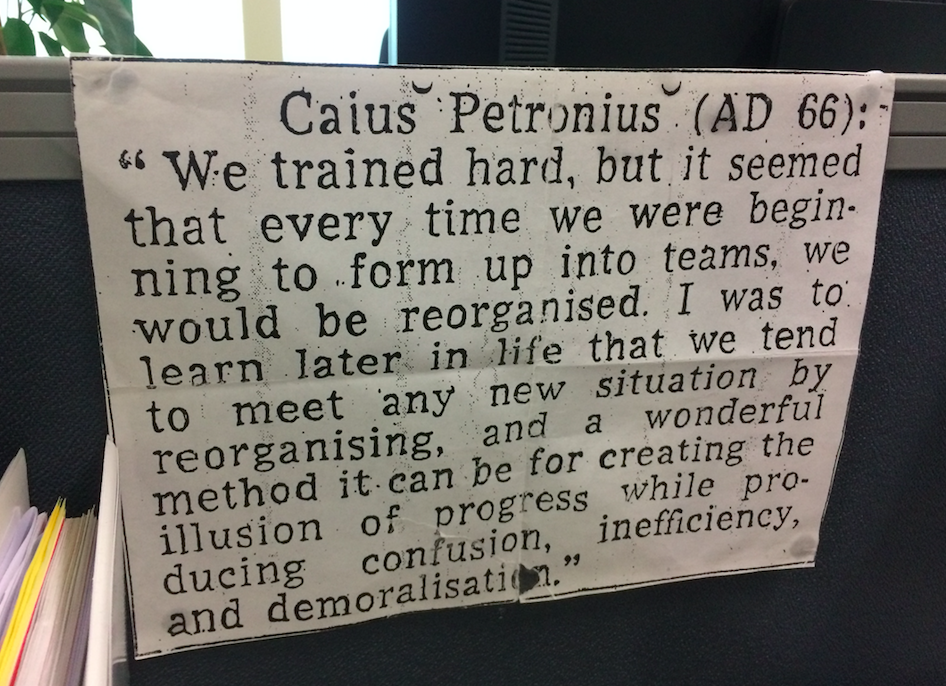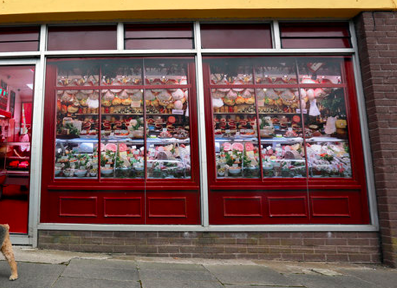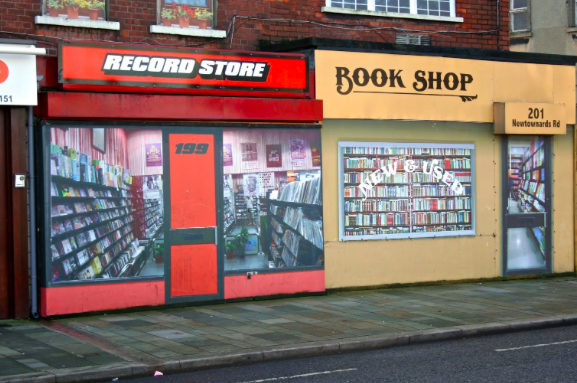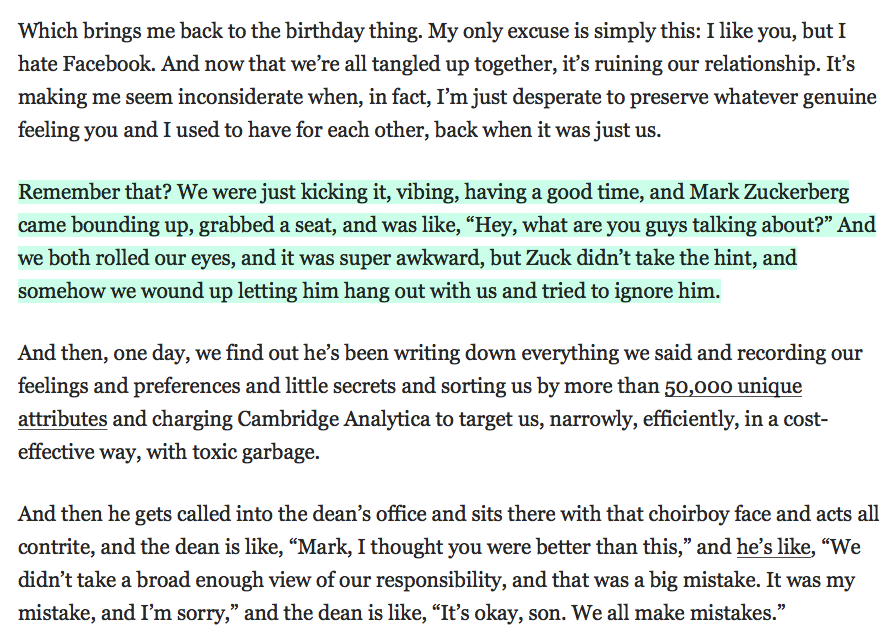I was doing the keynore at this yesterday. Was I the only one that noticed one of the wi-fi networks (second one down)? I’m guessing this is a paintball company or someone pretending to be something they’re not, but quite funny.
Category Archives: Uncategorized
Oh that’s what it is…
Objects from the Future
 I love the idea of using physical objects to provoke peoples’ thinking about the future – especially objects that don’t exist just yet!
I love the idea of using physical objects to provoke peoples’ thinking about the future – especially objects that don’t exist just yet!
Worth a visit. V&A.
Global Strategic Trends
GST6 is just out. It’s the best publication of its type and well worth a read. Link to PDF download here.
WTF!
Never confuse movement with progress
Unreal
Reminds me of the G8 summit in Northern Ireland in 2013 when local officials covered up abandoned shops with posters so that the G8 delegates couldn’t see what was really happening to the town economically. In one former butcher’s shop stickers were applied to the windows to show a shop packed with meat counter giving the impression of prosperity.
Facebook Fatigue
Sums it up pretty well. The other metaphor I quite like is that it’s like you’ve been going to confession for about ten years and you suddenly find out that everything you said to the priest has been sold on to third parties. The other thing about Zuckerberg is I honestly don’t think he understands what the problem is.

